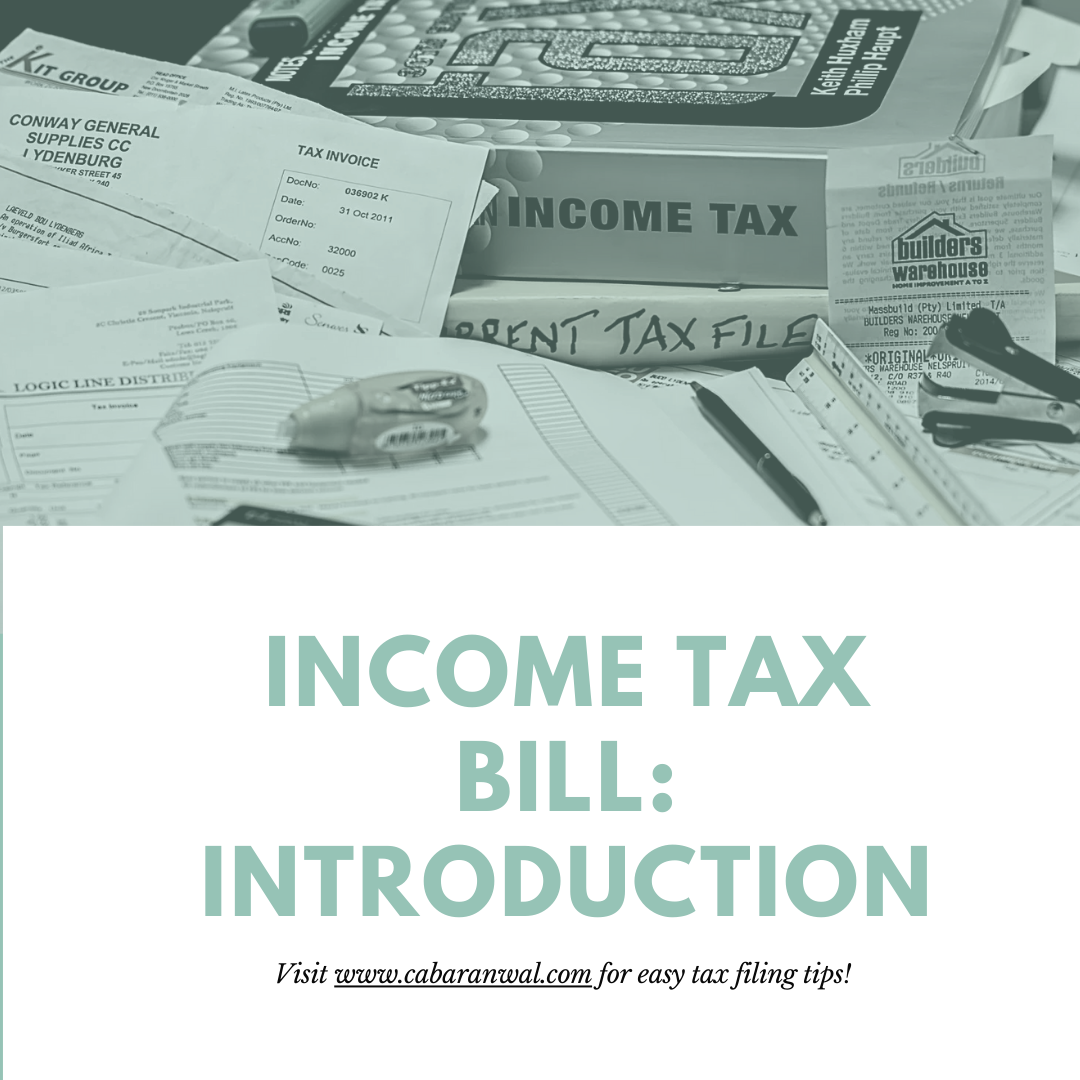The government introduced the much anticipated Income Tax Bill on 13th of February in the Parliament.
The bill aims to simplify tax laws and modernize compliance structures. It lists out 23 chapters, 16 schedules, and 536 clauses covering a wide range of tax provisions. The bill aims to simplify the existing Income Tax Act of 1961, making it more concise and easier to understand.
One of the significant changes is the introduction of simpler terminology, with the ‘Tax Year’ replacing ‘Assessment Year’ and ‘Financial Year’ replacing ‘Previous Year’. The Tax Year will represent a 12-month period starting from April 1, aligning it with the financial year framework.
KEY CHANGES EXPECTED IN THE NEW TAX BILL
- Simpler tax Laws
The Income tax Act has 52 chapters and 1,647 pages. The new Bill is expected to have 23 chapters and 622 pages. This will remove unnecessary sections making it easier to understand.
- Introduction of Tax Year
One of the major changes in the Income Tax Bill is the introduction of the term “Tax Year”. The terms Previous Year and Assessment Year will be replaced by a simplified Tax Year concept.
“Tax Year” is defined as: “A financial year beginning on the 1st day of April and ending on the 31st day of March of the following year.” This replaces the “Previous Year” concept from the Income Tax Act, 1961.
This will remove the confusion between Previous Year and Assessment Year. This will also help India align with international standards since many countries follow the concept of a singular tax year.
- New Tax Slabs
The bill proposes a new tax regime with the following tax rates:
Up to Rs 4,00,000: No tax to be levied.
From Rs 4,00,001 to Rs 8,00,000: 5%.
From Rs 8,00,001 to Rs 12,00,000: 10%.
From Rs 12,00,001 to Rs 16,00,000: 15%.
From Rs 16,00,001 to Rs 20,00,000: 20%.
From Rs 20,00,001 to Rs 24,00,000: 25%.
Above Rs 24,00,000: 30%
The Budget 2025-26 has also introduced a tax rebate for individuals earning up to Rs 12 lakh annually.
- No change in Income Tax heads
The five heads under which income is classified for tax purposes will remain unchanged:
Salaries
Income from house property
Profits and gains from business or profession
Capital gains
Income from other sources
- Salary Deductions
Under the old tax regime, employees can claim a standard deduction of Rs 50,000 or their salary amount, whichever is lower.
The tax paid by the assessee on employment, according to Article 276(2) of the Constitution, will be fully deducted.
- Pension Commutation
Pension commutation under the Civil Pensions (Commutation) Rules of the Central Government or similar schemes for other government services, civil services, and defense will be fully deductible.
The new bill seeks to reduce the volume of the existing law by about 60%, eliminating obsolete provisions and making the direct tax law simpler to understand without imposing any new tax burdens. It avoids the use of provisos, explanations, or long sentences, aiming for clarity and ease of comprehension. It marks a significant step towards a simplified and modernized tax system, ensuring better clarity and compliance for taxpayers across the country.

